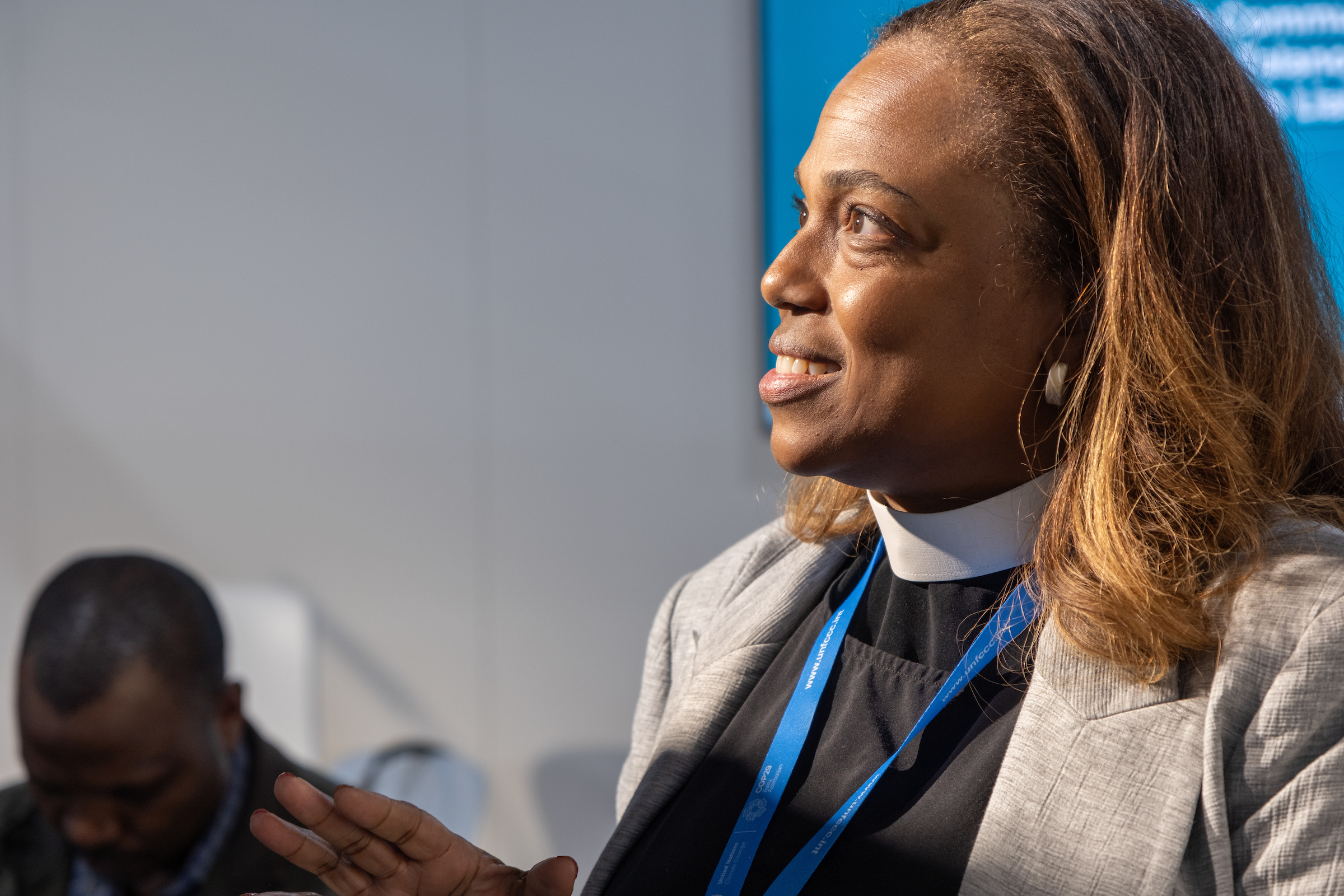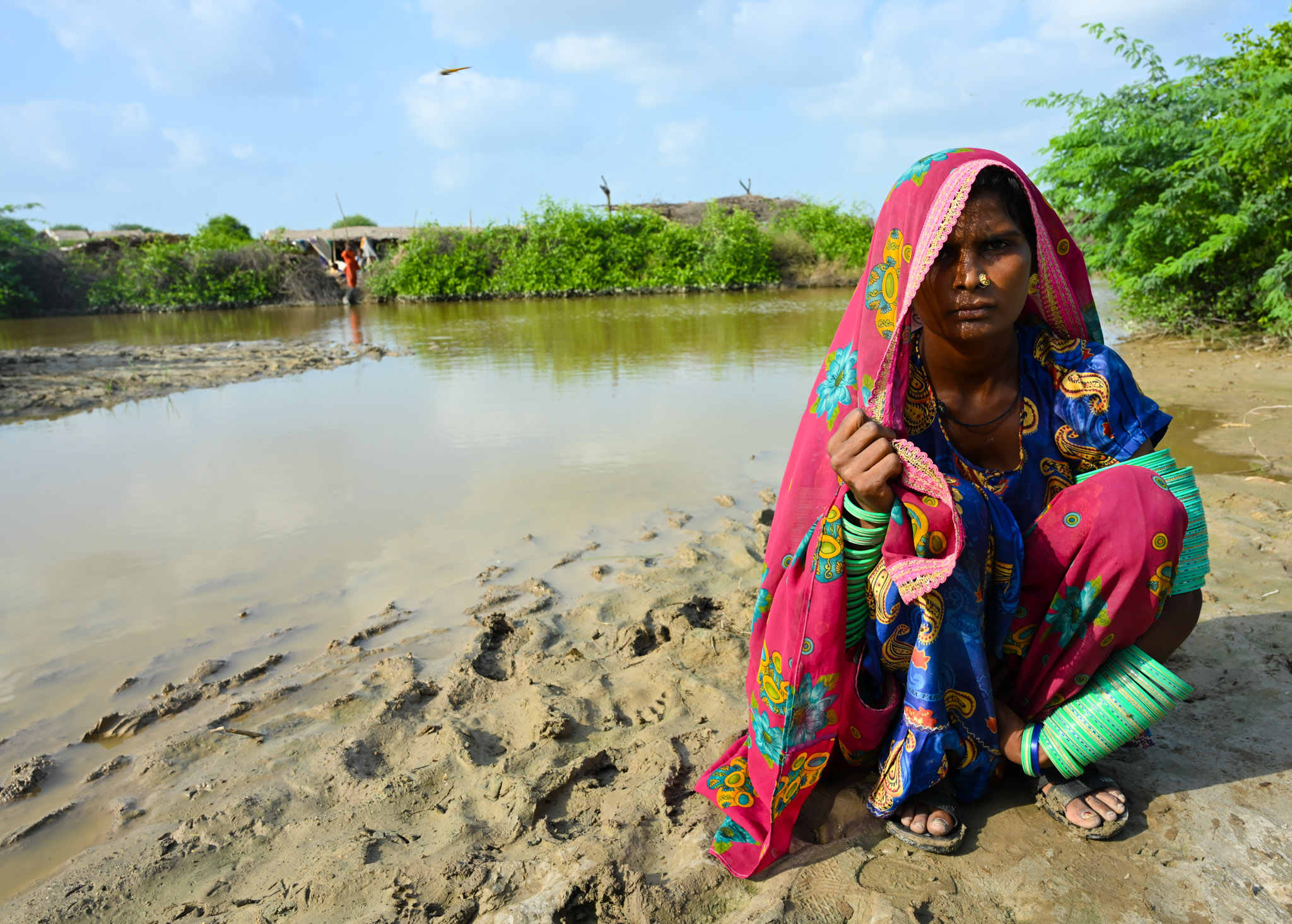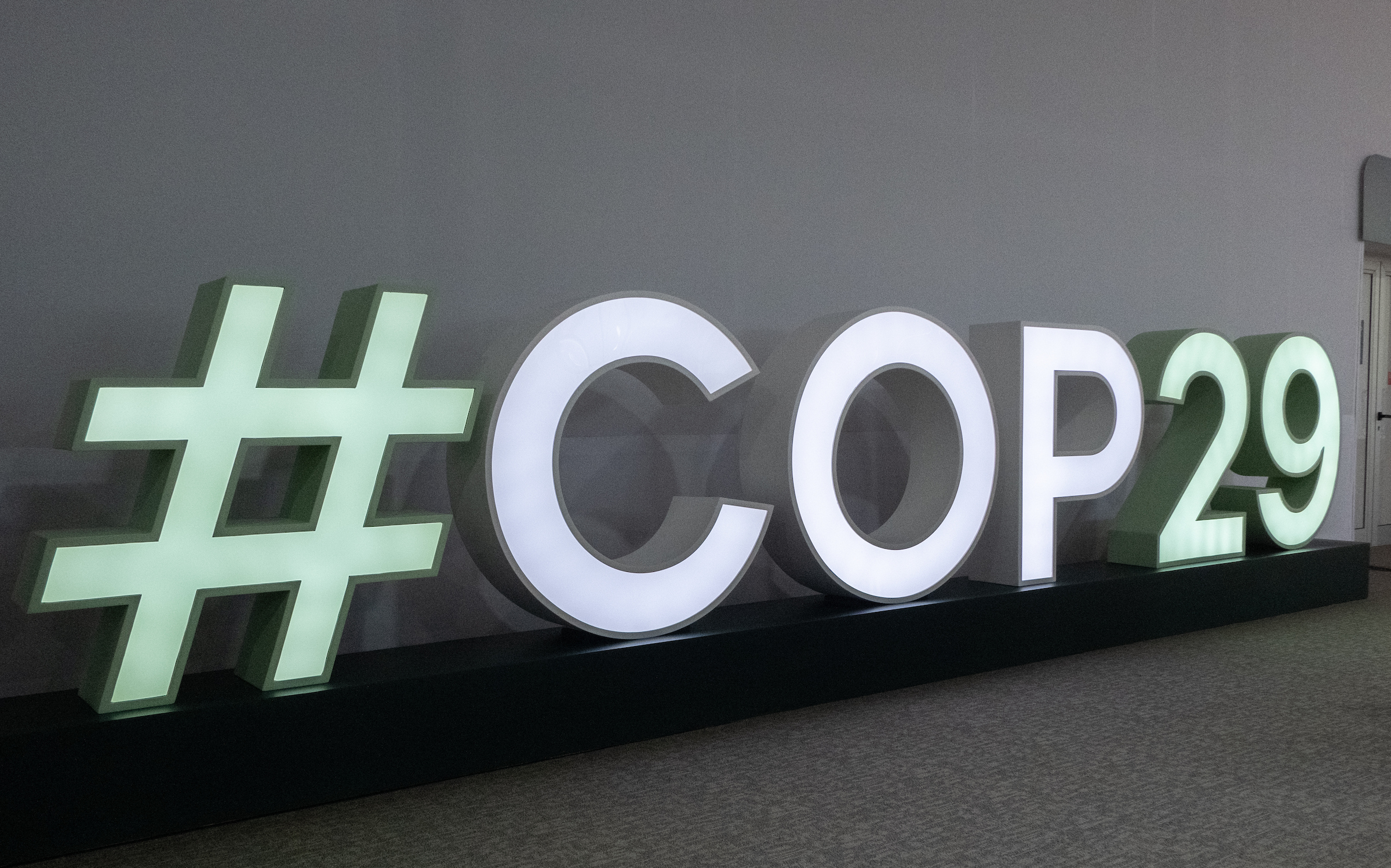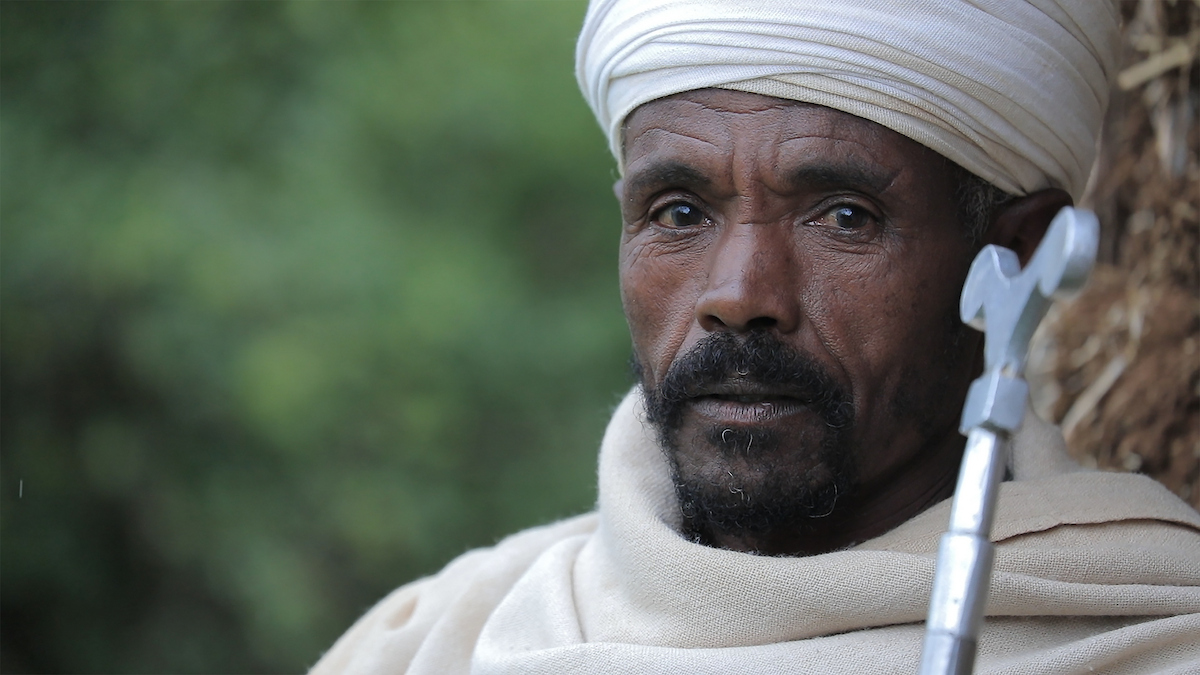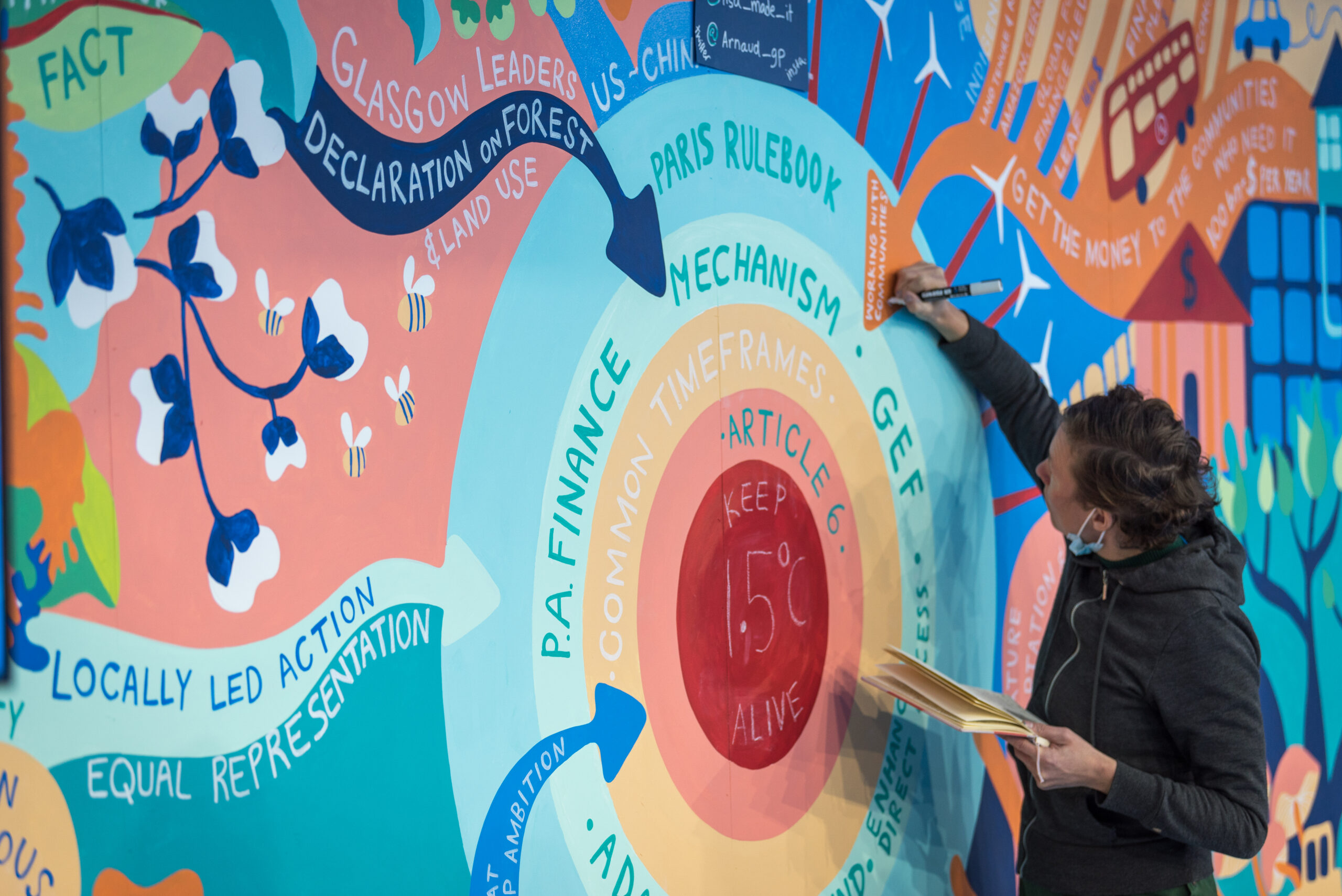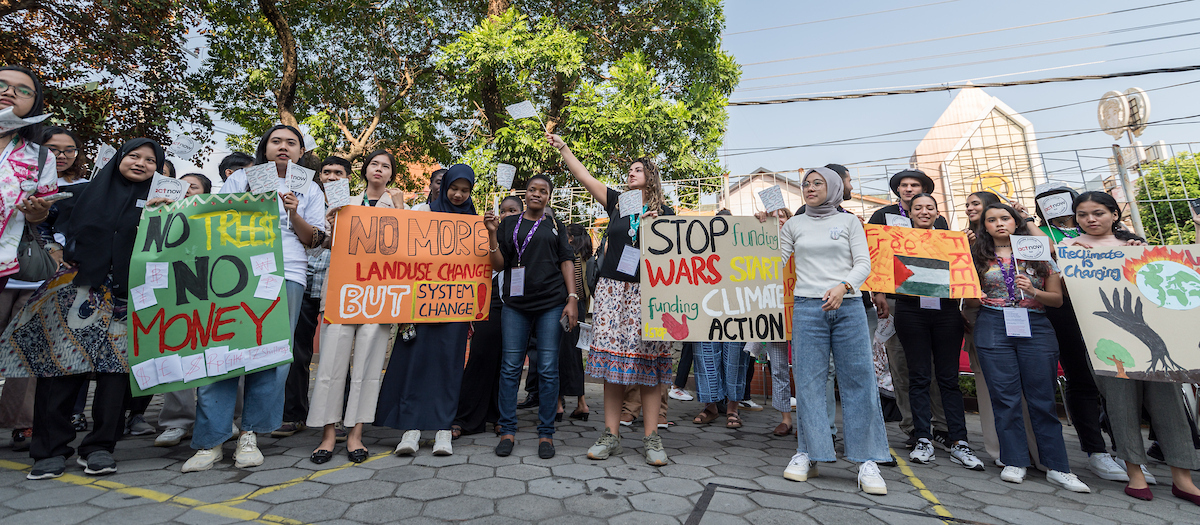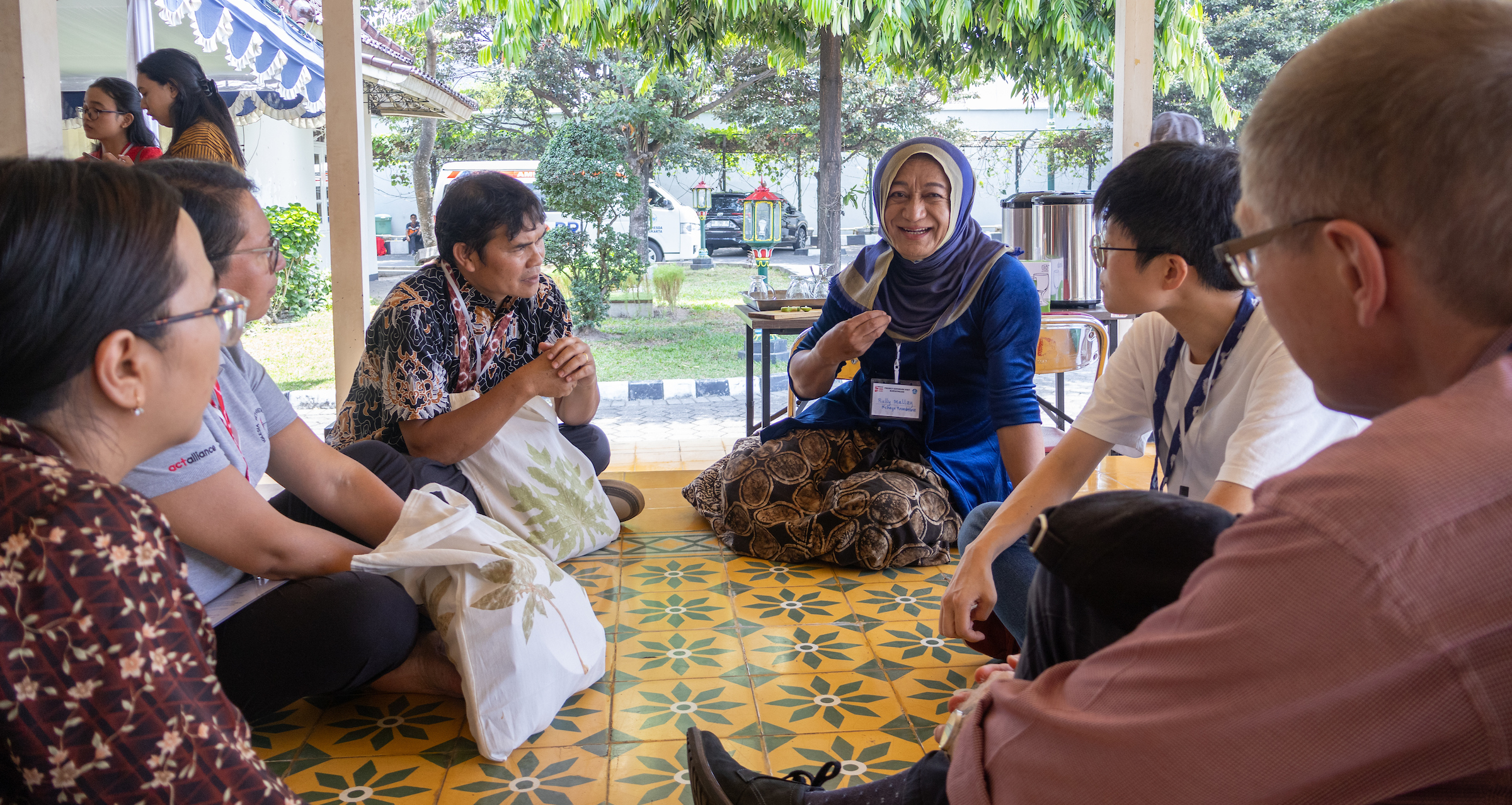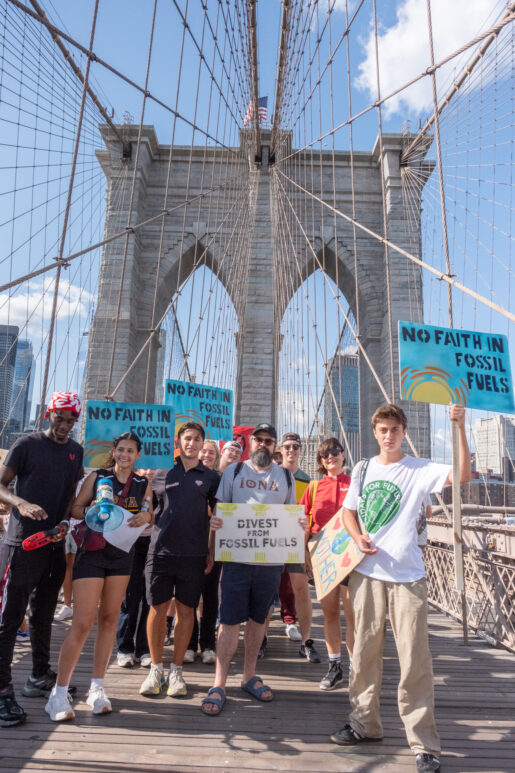By Palwashay Arbab
Pakistan is significantly affected by climate change, facing a range of environmental and socio-economic challenges. The country experiences severe flooding, particularly during the monsoon season. The devastating floods of 2022, for instance, affected over 30 million people, causing extensive damage to infrastructure and homes. Increasing temperatures lead to frequent and intense heatwaves, impacting public health and agriculture and prolonged droughts affect water availability and agricultural productivity, threatening food security.
The rapid melting of glaciers in the Himalayas and Karakoram ranges affects river flows, leading to both water shortages and increased flood risks. Climate change is projected to cause significant economic losses. It is estimated that climate-related events could shrink Pakistan’s GDP by 18-20% by 2050, with its cumulative economic impact estimated to cost Pakistan around $38 billion annually.
In the past four decades, migration in the face of drought has been a regular bane for desert communities of Southern Pakistan. Since no one had ever intervened to teach them methods of mitigating the effects of natural disasters, they have suffered huge losses in terms of livestock and sometimes even human lives on the long trudge westward to the irrigated farmlands where they could find work.
Afghanistan has experienced its worst droughts in decades, with 25 out of 34 provinces facing severe or catastrophic drought conditions. These droughts have led to significant water shortages, affecting agriculture and drinking water supplies. On the other hand, flash floods are becoming more frequent and intense, destroying crops, infrastructure, and homes. While agriculture, which is the backbone of Afghanistan’s economy, is severely affected. Changes in rainfall and snow patterns disrupt farming cycles, reduce crop yields, and increase food insecurity and the loss of fertile land due to drought and desertification further exacerbates the situation, pushing many farmers into poverty. Environmental degradation and loss of livelihoods force many Afghans to migrate. Displacement due to climate-induced disasters is becoming more common, adding to the existing challenges of conflict and instability.
Climate change: impact on women and girls
- Women make up 80 percent of those displaced by climate change in Pakistan
- 5 million people are expected to be forced to migrate due to climate disasters by 2050 in Afghanistan, with over 60 percent being women & children.
- Rural Women, involved heavily in agriculture, face increasing food security and lack of income in the two countries
- Limited access of women and girls to education and healthcare is further strained by climate-induced disasters
- Girls are increasingly being traded off into child marriages in return for food amid climate-induced starvation in Pakistan and Afghanistan
Urgent need for climate finance: Pakistan
The World Bank estimates that Pakistan needs between $7 billion and $14 billion annually for climate adaptation. These funds are crucial for building resilience against climate-induced disasters, which have already caused extensive damage and economic losses.
Local and most affected communities can use climate finance to Improve Water Management, implementing efficient irrigation systems and water conservation techniques. The funds will be used to promote Climate-Smart Agriculture, enabling communities to adopt sustainable farming practices to enhance food security. Constructing flood defenses and resilient housing to withstand extreme weather and developing early warning systems and community-based disaster response plans require finances to be utilised as per the needs outlined.
A major challenge is the lack of financial resources and limited access to international climate funds. Additionally, there is a need for better coordination among local, national, and international stakeholders to effectively utilize the funds.
Communities in Pakistan face challenges such as poverty, lack of infrastructure, and political instability. These issues are exacerbated by climate change, which affects agricultural productivity and increases the frequency of natural. In Afghanistan, communities struggle with security issues, economic instability, and limited access to basic services. The ongoing conflict and restrictive policies further complicate efforts to improve gender equality and climate justice.
Addressing these challenges requires a coordinated approach that includes substantial financial investments, policy reforms, and community engagement to ensure sustainable development and resilience in both countries.
Palwashay Arbab, Head of Communications and Gender Justice Focal Point, Community World Service Asia. Palwashay is a humanitarian, communications and gender justice practitioner and safeguarding mentor based in Pakistan, working in the Asia Pacific region.
PHOTO: Sahar Zafar/CWSA
